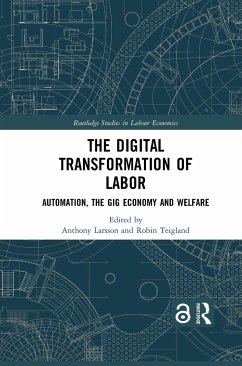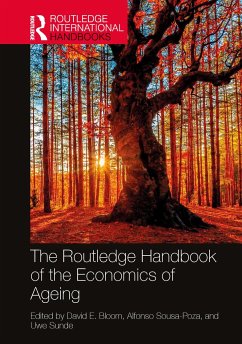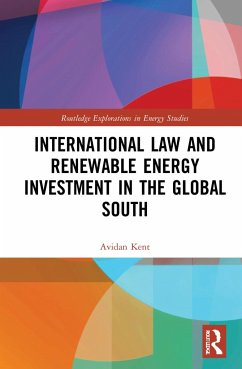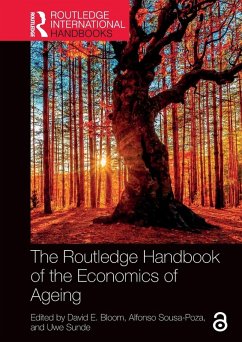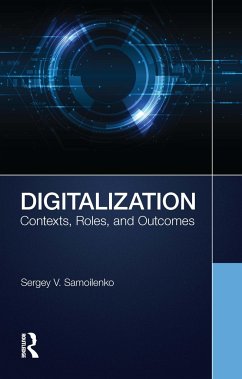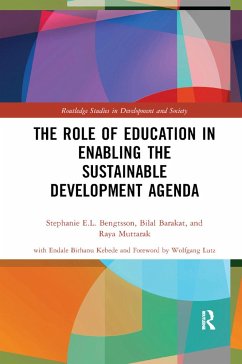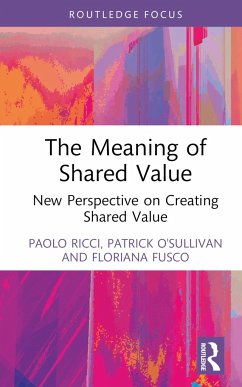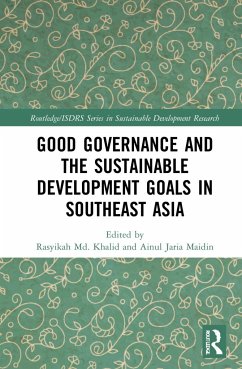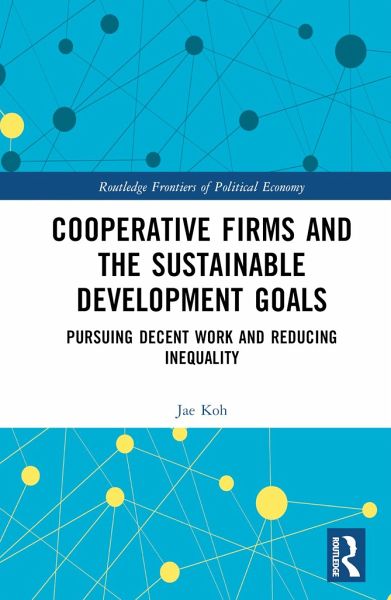
Cooperative Firms and the Sustainable Development Goals
Pursuing Decent Work and Reducing Inequality
Versandkostenfrei!
Versandfertig in 6-10 Tagen
154,99 €
inkl. MwSt.
Weitere Ausgaben:

PAYBACK Punkte
77 °P sammeln!
With growing economic inequality and threats to the sustainability of human societies, Koh argues that cooperatives can play an important role in promoting decent work and reducing economic inequality in the twenty-first century and thus urges policy makers to reignite policy discussions on cooperatives.This book shows how worker cooperatives are uniquely situated to empower low- and middle-wage workers and what governments can do to promote them. Koh clarifies the mechanism by which cooperatives create an upper hand over conventional companies in 'labor-intensive' sectors, thereby boosting em...
With growing economic inequality and threats to the sustainability of human societies, Koh argues that cooperatives can play an important role in promoting decent work and reducing economic inequality in the twenty-first century and thus urges policy makers to reignite policy discussions on cooperatives.
This book shows how worker cooperatives are uniquely situated to empower low- and middle-wage workers and what governments can do to promote them. Koh clarifies the mechanism by which cooperatives create an upper hand over conventional companies in 'labor-intensive' sectors, thereby boosting employment potential. He also explains cooperatives' wide contribution to the Sustainable Development Goals (SDGs), including the resilience of cooperatives in times of crises and their potential to address the challenges of aging societies. Furthermore, he provides a foundational work on 'decentralized supporting mechanisms for cooperatives' based on the analysis of the case of South Korea, where the number of cooperatives increased by 2,000 percent between 2013 and 2023. Lastly, he explains how to use Official Development Assistance (ODA) to support cooperatives in developing countries, especially Private Sector Instruments (PSIs), which were introduced in 2016 by the Development Assistance Committee of the Organization for Economic Cooperation and Development (OECD).
This book will be of interest to researchers in the fields of cooperative management, development economics, and heterodox economics, as well as to policy makers and professionals.
This book shows how worker cooperatives are uniquely situated to empower low- and middle-wage workers and what governments can do to promote them. Koh clarifies the mechanism by which cooperatives create an upper hand over conventional companies in 'labor-intensive' sectors, thereby boosting employment potential. He also explains cooperatives' wide contribution to the Sustainable Development Goals (SDGs), including the resilience of cooperatives in times of crises and their potential to address the challenges of aging societies. Furthermore, he provides a foundational work on 'decentralized supporting mechanisms for cooperatives' based on the analysis of the case of South Korea, where the number of cooperatives increased by 2,000 percent between 2013 and 2023. Lastly, he explains how to use Official Development Assistance (ODA) to support cooperatives in developing countries, especially Private Sector Instruments (PSIs), which were introduced in 2016 by the Development Assistance Committee of the Organization for Economic Cooperation and Development (OECD).
This book will be of interest to researchers in the fields of cooperative management, development economics, and heterodox economics, as well as to policy makers and professionals.





